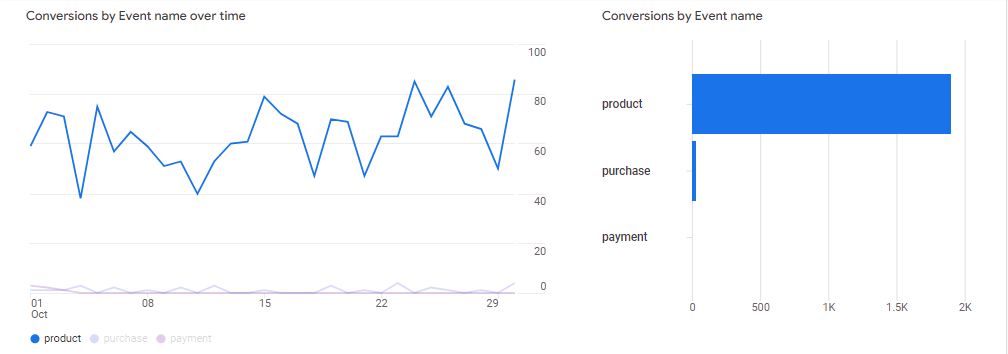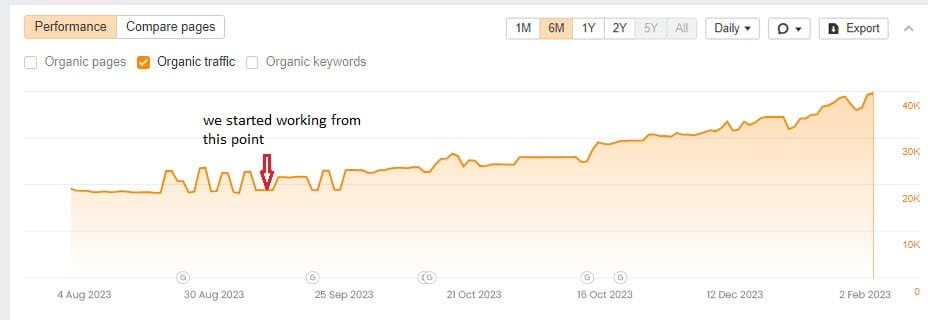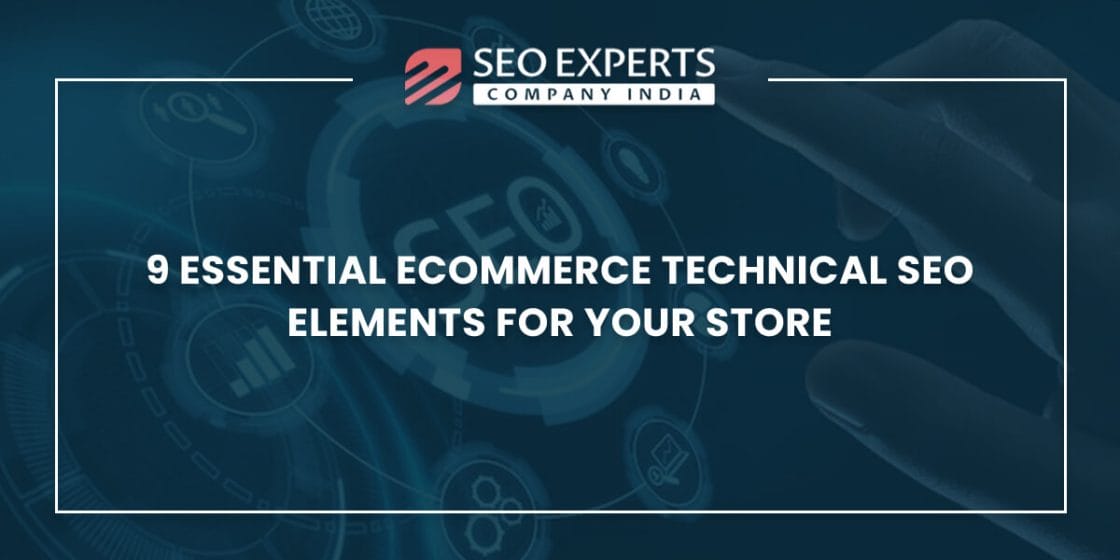A “keyword” is a word or combination of words that tells search engines what the user is looking to search for. These keywords help your website pop up in the search engines for relevant queries and get your business the attention it deserves.
In this article, we’re not just throwing tips around but sharing tried-and-tested techniques cultivated from years of collaborating with diverse clients. Let’s dive into the article to better understand keywords that will help your website shine in search engine results.
What are Keywords?
Keywords help search engines comprehend the information users are looking for and provide relevant results. When a user enters their query in the search bar, the search engine algorithm displays the most relevant results according to their search intent.
For instance, if you want to buy a leather handbag, you might enter “best leather handbags for women” into Google or some other search engine. In this case, “best leather handbags for women” serves as the keyword you are using to find what you are looking for.
Therefore, to ensure a search engine includes your content in its results, it’s important to use specific keywords highlighting your expertise on a particular subject.
Why are Keywords Important for SEO?
Keywords help users connect with the information or products they are seeking and increase the likelihood of your website appearing in relevant search results. If you can find the right keywords and use them in your content, you will likely get more visitors to your pages.
Therefore, keywords are essential for ensuring that your website is visible to the right audience, driving organic traffic, and improving overall search engine rankings.
To identify which keywords are suitable for you, it is important to dig deeper into keyword types, their purpose, and how they fit into your strategy.
Different Types of Keywords in SEO
Keywords can be categorized into different types based on their characteristics and intent. However, when it comes to SEO, there are two important types of keywords that you should be aware of:
Short tail keywords: Short tail keywords or head keywords are broad terms that users type into search engines, like “watches” or “backlinks.” They have a high search volume, indicating that a large number of people search for them each month. But the catch lies in their high competition, which makes them difficult to rank for.
Based on our experience in the field, we advise you to avoid targeting short-tail keywords if your business is just starting to optimize the website. However, as your website gains authority and experience, short tail keywords can become strategic targets.
Long tail keywords: Long tail keywords are more specific, detailed phrases that consist of three or more words. Long-tail keywords are more targeted and match the user intent, attracting a specific audience. Long tail keywords often have lower competition and are comparatively easier to rank for.
For example: “black watches for women,” “how to acquire backlinks.”
How to Choose the Right Keywords (tips based on our experience)
Understand the target audience
Choosing the right keywords is pivotal in crafting a robust SEO strategy for your website. The golden rule is to read your target audience and understand the “search intent” of the user.
User-centric approach
Imagine you’re the one typing in a search query. Think about the kind of answers you’d hope the search engine would provide. Then, carefully choose keywords that are not only relevant but also specific to ensure they match the content you’re offering.
Use keyword research tools
Besides carrying out manual research and leveraging the power of Google Autocomplete, we recommend using keyword research tools like SEMrush, Ahrefs, and Moz to choose the right keywords.
Emphasize on long-term keywords
One crucial lesson that we have learned through our experience is to look beyond the mainstream words and explore long-tail keywords. The reason being their lower competition that helps attract a more targeted audience. Additionally, we advise you to be updated with the latest industry trends and industry-specific terms to create content that resonates with the target audience.
Take our travel industry client as an example. They initially used generic keywords like “travel destinations, “international travel,” resulting in moderate visibility. Our team invested in a comprehensive keyword research process, identifying specific, high-intent, and long-tail search terms such as “unique eco-friendly vacations” and “best honeymoon summer getaways.” By strategically integrating these long-tail keywords, we witnessed a remarkable surge in their qualified traffic, attracting the specific audience and ultimately converting their clicks into conversions.
 Increased conversions for our travel client
Increased conversions for our travel client
Pay attention to the search volume and difficulty
One helpful SEO tip that we would like to share with our readers is: when picking keywords, go for the ones that many people search for (high search volume) and are not too hard to rank for (low keyword difficulty). This way, you can boost your online presence and make your content more effective.
Why is it important to understand the User’s Search Intent
User search intent refers to the purpose or motivation behind a user’s online search. Identifying search intent is crucial in delivering content that precisely meets user expectations, whether they are seeking information, looking to make a purchase, or aiming to solve a problem.
For example, while working for a home decor client, we noticed that the website faced lower conversions and low website traffic. We figured that the brand targeted generic keywords related to “interior designing” and “home decor.” Recognizing the importance of search intent, we aimed to align the website content with users’ specific needs and intentions.
After conducting an in-depth analysis of user search queries related to home decor, our team identified distinct search intents such as room inspiration, product comparison, and purchase. After understanding the motivations and preferences of the target audience, we refined the keyword strategy by incorporating high-intent, long-tail keywords associated with specific user needs, such as “modern living room furniture ideas” and “best affordable bedroom decor.”
In addition to crafting detailed blogs, we enhanced product pages with detailed descriptions, customer reviews, and clear call-to-action to cater to users in the purchase phase.
As a result, within a few months, the website witnessed a 47.5% increase in organic traffic, ultimately improving conversions as the content now precisely aligned with users’ search intent.

Organic traffic increase for our home decor client
Where Should Keywords Be Placed on Your Website Page?
Earlier, ranking in the search engines was easy by stuffing keywords into the web pages. But the strategies have entirely transformed now. So, we advise you to focus more on the informative content and naturally add keywords in your content if you want to shine in the eyes of Google.
Sharing some basic rules that we have learned by working with numerous clients. Following and implementing these techniques will help your business strategically place the keywords in your content.
- Add your keyword in the “page title.” We recommend you to naturally add your keyword at the beginning of your title (if your title is running long). Similarly, put the keyword in the meta title, preferably at the beginning.
- Meta descriptions are an excellent place to add your keywords, as these descriptions display a short snippet of what your content offers.
- Add your primary keyword to the “URL of your page,” as it helps search engines and readers understand your page content.
- We advise you to also use your primary and related keywords in some of your “subheadings (H2 and H3),” but not all of them.
- Another good practice is to add your target keyword in the “alt text” of any images that you add to your blog content.
While you follow these strategies, ensure that the keywords you place appear naturally in your content and should not be stuffed for the sake of SEO.
Carrying Out Keyword Research
The keyword research process begins with an idea in your head. You can call this the seed keyword. The “seed keyword” is the information you know because of your experience and knowledge in your specialized field. So, the technique is to build on that particular seed keyword and find variations of keywords related to it.
This is how we do it: we jot down these seed keywords and come up with more ideas by researching the specific industry online and visiting social media sites to find out what people are looking for.
Once we have the list of seed terms, we then use keyword research tools to find technical statistics like the number of people searching for a specific keyword, its keyword difficulty, and various metrics related to the keyword.
Through tons of trials and errors, we have concluded that the best keywords for a campaign are the ones with a high number of searches and a medium or low level of difficulty.
Another piece of advice we would like to share is that: if your business is brand new and your services are distinctive, people might not even be aware of you or the goods or services you provide. In this case, you must look into informational keyword phrases to help the target audience understand and be aware of your services and company name.
However, if your company is already well-known among the target audience, it is better to concentrate on transactional keywords.
Tools you can use to ease the Keyword Research Process
There are various keyword research tools present in the market that you can use for keyword research. However, we are listing a few of our favorites below:
Apart from these amazing tools, don’t forget to take advantage of Google Autosuggest to look for the questions and queries that people are asking.
Final Takeaway
To conclude, keywords help you better understand your target audience because they reveal a lot about their preferences, likes, dislikes, and other characteristics. Choosing the right keywords can help your website reach the right audience and increase conversions.
We hope this article helped you learn about keywords and their importance in SEO. Practice the given techniques and tips to select the right keywords for your business and SEO campaigns.
Feel free to contact us if you need any further assistance. We would be more than happy to help.
Frequently Asked Questions
What is a keyword? Could you give an example of a keyword?
A “keyword” is a word or combination of words that tells search engines what the user is looking to search for, and they disclose the intent of the search to them. This helps businesses create content according to keyword intent to increase their visibility in Google searches and rank higher.
For example, a keyword could be ” buy a sofa in LA.” With this keyword, it is clear that the person intends to find the option to purchase furniture, specifically a sofa, in Los Angeles.
Is Keyword research important for SEO?
Keyword research and analysis are not only two of the most important activities in SEO; you could call them the base of SEO. Without conducting a keyword search, you cannot think of becoming successful with search engine optimization for your respective website.
Is keyword research a one-time activity?
Keyword research is not a one-time activity but something you are advised to carry out whenever you create a new page for your website or publish new content on the Internet for your business. Even when you modify the existing content, you should conduct keyword research once again.
Is keyword research’s sole purpose ranking high on organic search results?
It is true to some extent that it is mainly used to achieve a high ranking in Google’s organic search results. However, they are also important for your business’s evolution and growth. Would you like to know why? There is a simple reason for this. Conducting keyword research gives you a sense of what people belonging to your target audience are exploring while using search engines such as Google, Bing, and others.
You get information about their tastes, likes, and dislikes, which is important for improving your business’s services and products. So yes, keyword research is more than a tool to get ranked high on search result pages.
Why should you use a reliable keyword research tool?
Using a reliable keyword research tool, you can know what your competitors are doing and what keywords they use to rank high on Google searches. Once you understand this, you can pick particular keywords appropriate for your business and services. After that, you can create content around them to attract the maximum audience visiting Google and try to reach the top of Google’s organic results.





